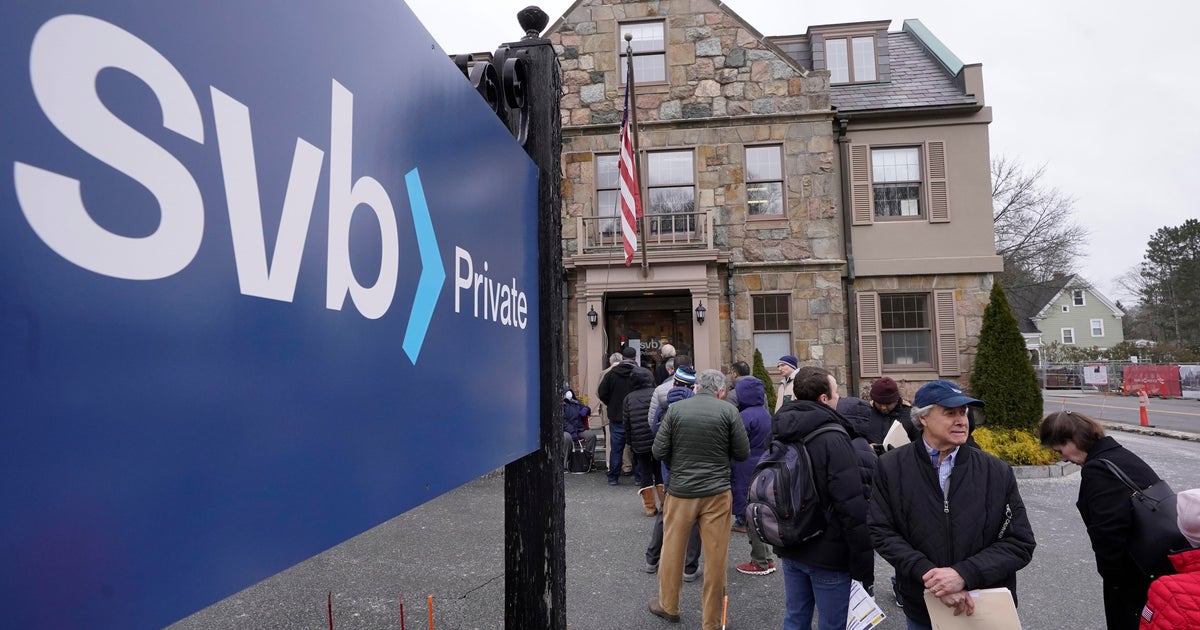First Citizens Bank will buy “all the deposits and loans” of Silicon Valley Bank in the wake of SVB’s collapse earlier this month, the Federal Deposit Insurance Corporation announced late Sunday. SVB was the biggest U.S. bank to fail since 2008, sparking global fears about the sector.
The new transaction covers $119 billion in deposits and $72 billion in assets, and “SVB’s 17 branches will open as First Citizens” on Monday, the FDIC said.
Depositors of SVB will “automatically become depositors of First Citizens Bank and the FDIC will continue to insure deposits, the agency said.
In addition, anyone with loans from SCB should continue to make payments, including escrow payments, as usual; the terms of your loan will not change,” the FDIC said.
First Citizens, headquartered in Raleigh, North Carolina, said the deal will preserve its solid financial position and the merged company will still be resilient, with a diverse loan portfolio and deposit base. “Prudent risk management approach will continue to protect customers and stockholders through all economic cycles and market conditions,” the statement said.
Santa Clara, Calif.-based SVB — the United States’ 16th biggest bank by assets and a key lender to startups in the country since the 1980s — failed after a sudden run on deposits, prompting regulators to seize control and rattling the banking industry.
Along with the FDIC, the Treasury Department and Federal Reserve had set out plans to ensure SVB customers would be able to access their deposits, while the Fed introduced a new lending tool for banks in an effort to prevent a repeat of SVB’s quick demise.
SVB’s collapse sparked a crisis of confidence among the customers of similarly sized U.S. banks, with many withdrawing their money and depositing it into bigger institutions seen as too big for the government to not bail out in a crisis.
The turmoil also spread to Europe, where troubled Swiss lender Credit Suisse was taken over by UBS.
Most recently, shares in long-troubled Deutsche Bank fell heavily on Friday on the lender’s surging cost of default cover, reigniting fears about a widening banking sector crisis.
Despite global contagion fears, central banks have pushed on with monetary tightening as they focus on fighting inflation — even though the troubles in the banking sector have been linked to their rate hikes.

